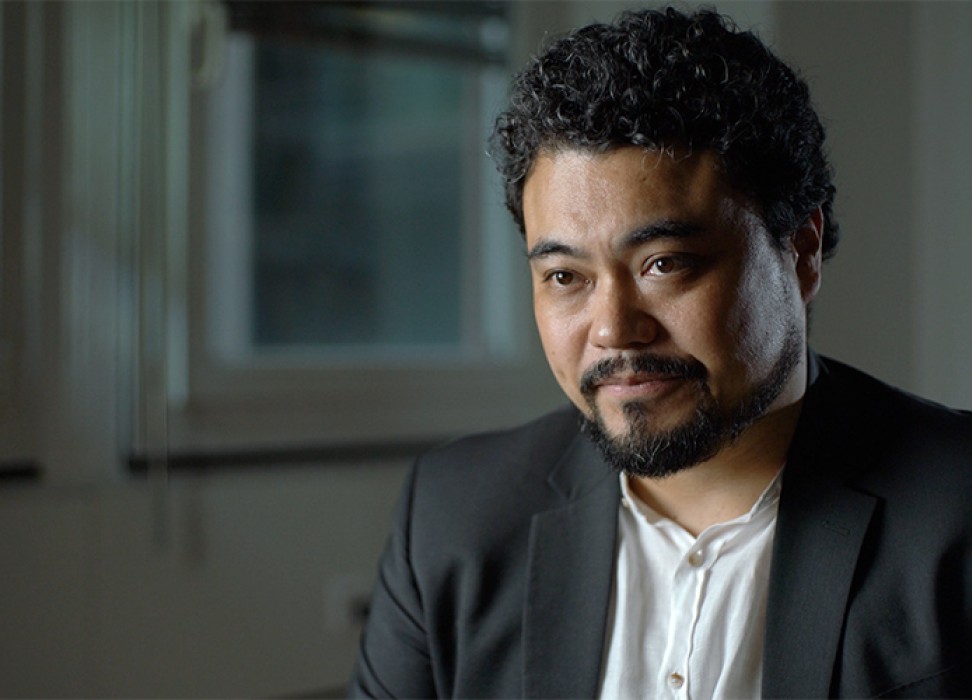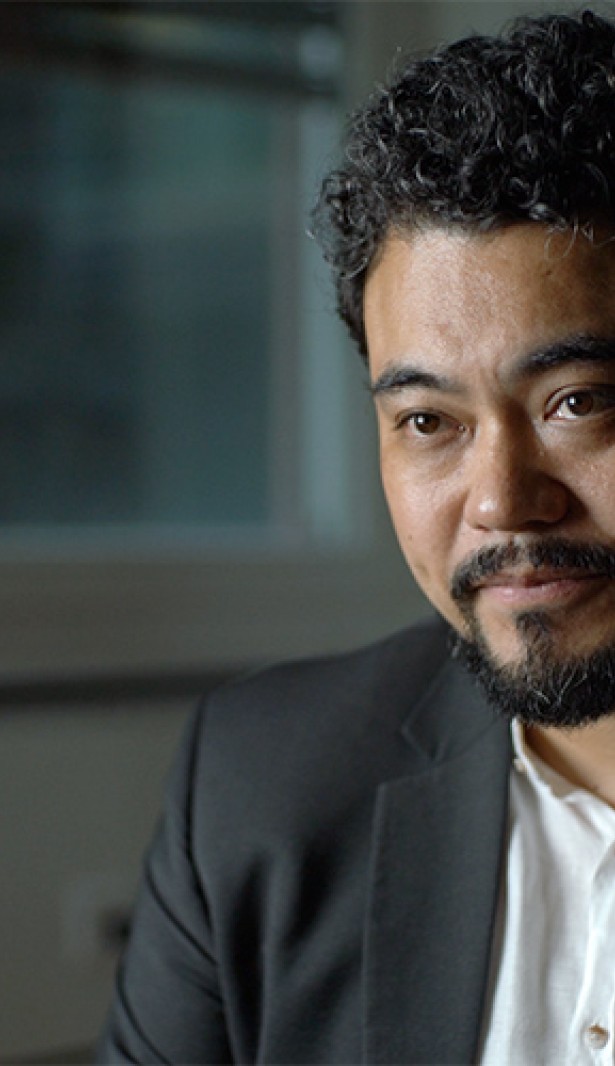Fight slavery with truth
30 November 2018

For anti-slavery activist Leonardo Sakamoto, information is power. He witnessed how journalism can successfully uncover realities of exploitation and abuse, and open the doors to regain freedom and dignity.
"The strength of the 21st century is that workers can be empowered through information. And when they get and share information, this is when their abused lives start to change."
Worldwide, nearly 40 million people remain enslaved, according to the International Labour Organization (ILO) report. Brazil has recognized slave labour before United Nations in 1995. Since then, more than 53,000 people have been freed, but hundreds of thousands still remain in slavery.
"As a journalist, I used to cover a lot of human rights abuses in Brazil," Sakamoto said. "I saw so much slavery, so many children trapped in sweat shops. This contact with human beings, mercilessly exploited, and witnessing the devastating impact on their lives, motivated me to dedicate my life to fighting slavery."
Sakamoto, Reportér Brasil, continues to confront companies with evidence of slave labour obtained by tracking their supply chains. The NGO uses a combination of modern technology, such as drones to map production sites using forced labour or "bots" to comb through online records to find links in the supply chain. They also rely on old-fashioned footwork, such as following trucks leaving sites where slaves are working. With evidence in hand, they meet with companies and motivate them to affirm their commitment to human rights and address the abuses in their supply chains.
Sakamoto said that, "It is a real challenge to show companies that fighting slavery is not a charitable action, but must be, should be at the core of business," noting as well that, "a brand reputation is something that is slow to build but can be undermined very fast."
Helping Victims
Since 2014, Sakamoto has also been on the Board of Trustees of the UN Voluntary Fund on Contemporary Forms of Slavery. Each year the Fund, administered by the UN Human Rights Office, assists tens of thousands of victims of modern slavery in all regions of the world, by awarding grants to organizations that provide aid directly to victims of slavery.
Sakamoto called the support given by the Fund to recipients "deep, on a level where the problem is happening. It gives the possibility to change lives." In 2018, the Board approved support for 29 projects across 27 countries, totalling just over 500,000 USD. This has helped nearly 10,000 victims of contemporary forms of slavery.
Despite the success of projects funded, there has been a general decrease in donations to the Fund – from a high of nearly 900,000 USD in 2009 to just over 500,000 USD donated in 2018. Sakamoto says much of this has to do with States no longer seeing human rights as a priority, which is unfortunately short-sighted given that upholding human rights is a key part of sustainable development. Sakamoto advises that everyone take the 70th anniversary of the Universal Declaration on Human Rights, a document born out of the horror of World War II, as an opportunity to affirm human rights as core values for every person and every State.
"We seem to be on the cusp of forgetting why we needed this Declaration of Human Rights, to remind us of the best in all of us," Sakamoto said. "We should see every human rights achievement as a door that, after much sacrifice, we have managed to open in the wall of oppression and injustice. A door that, if not monitored very, very closely, will close on us again."
Unwavering commitment
For his work, Mr. Sakamoto has earned accolades. In 2006, he received the first-ever Combatting Slave Labour prize in Brazil, was short-listed for the Citizen Journalist award from Journalists without Borders in 2016 and in 2017, and was selected as a United States State Department Hero working against forced labour.
However, his growing profile as a human rights defender has also made him a target of a malicious propaganda campaigns. He won a criminal defamation suit against some of his tormenters, but the harassment still continues today.
In the face of this hardship, Sakamoto remains ever more committed to his fight.
Support the UN Voluntary Fund on Contemporary Forms of Slavery. Learn more about the Fund and the organizations it supports here.
30 November 2018

